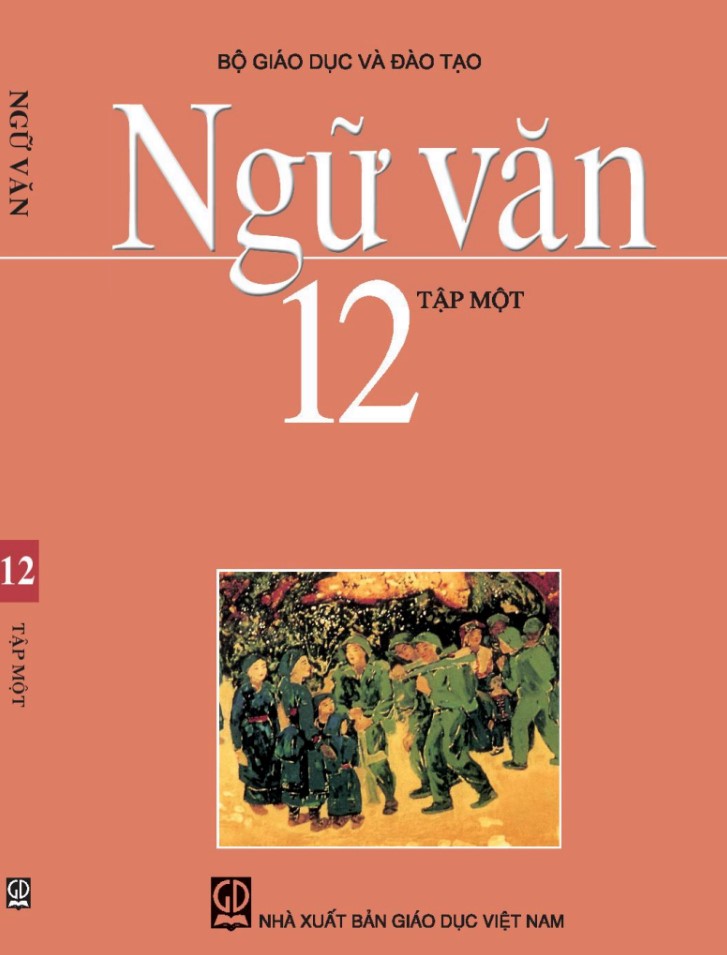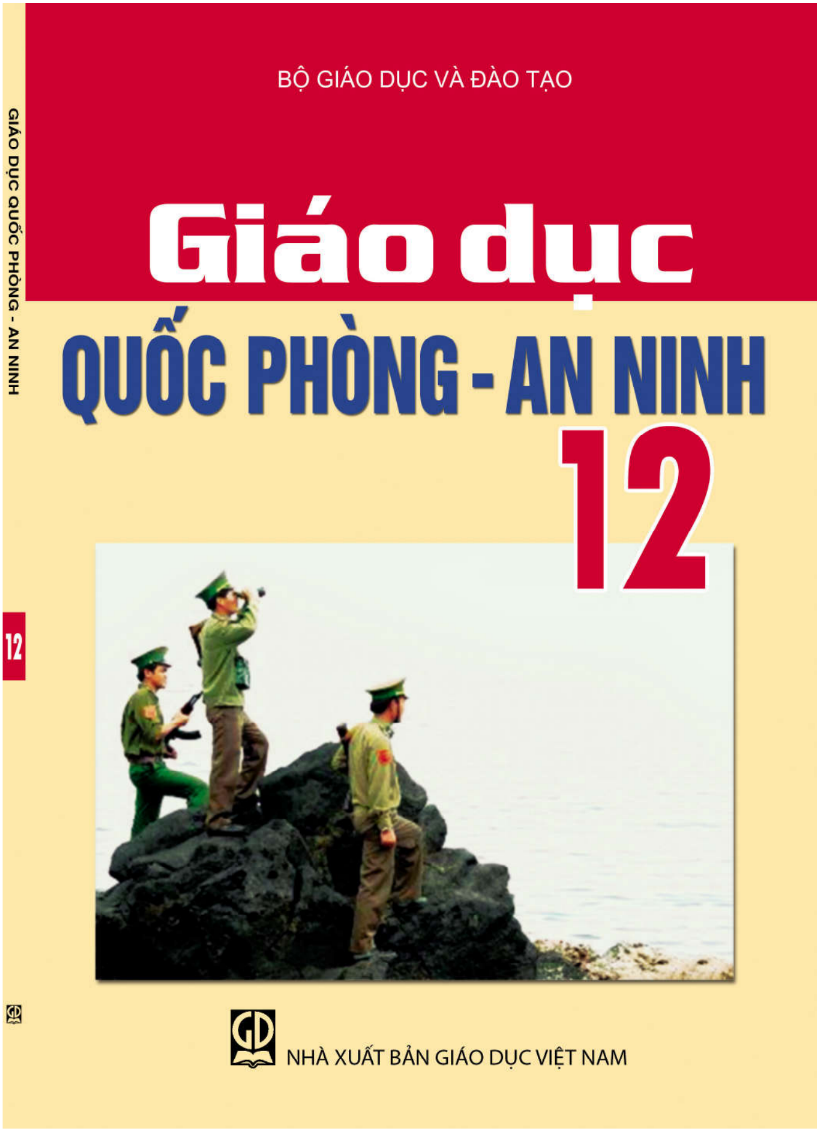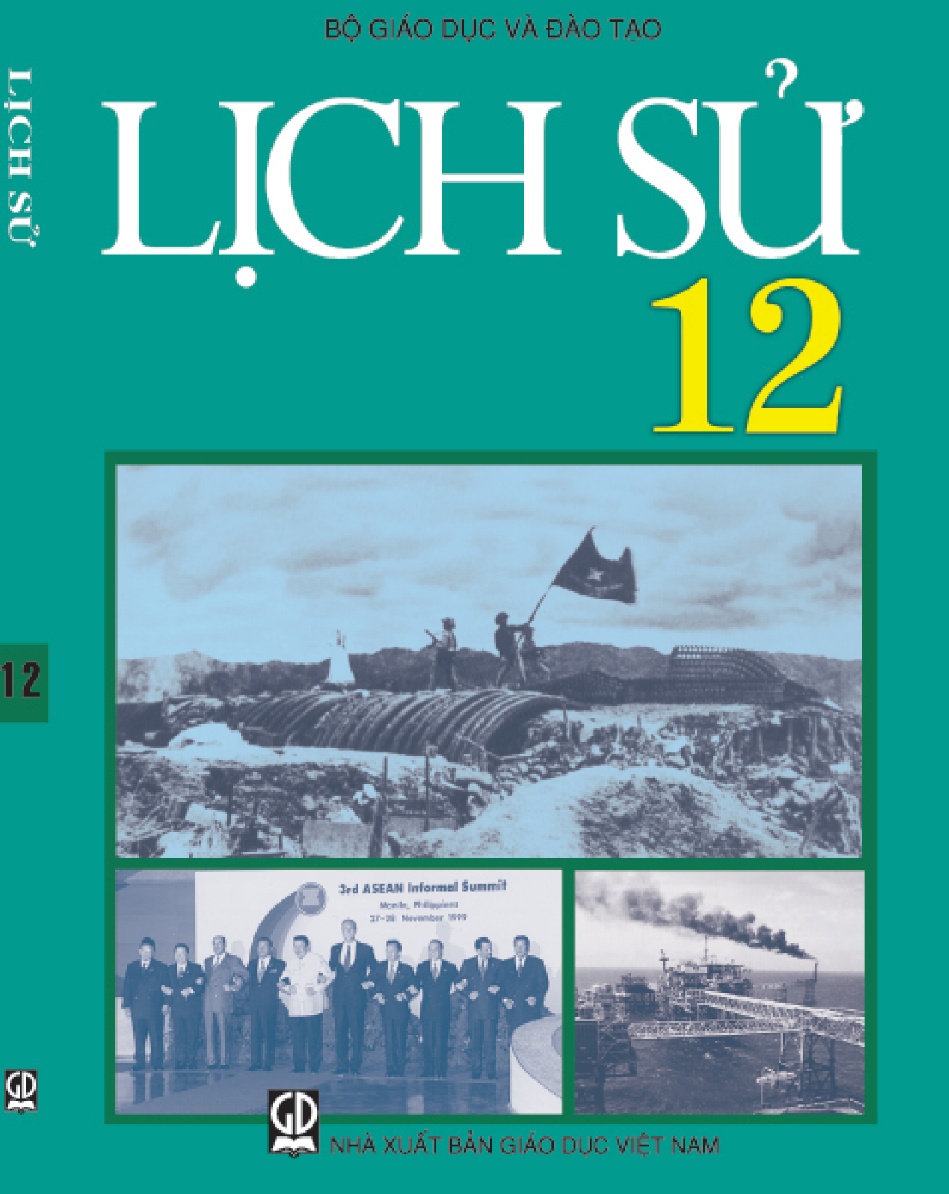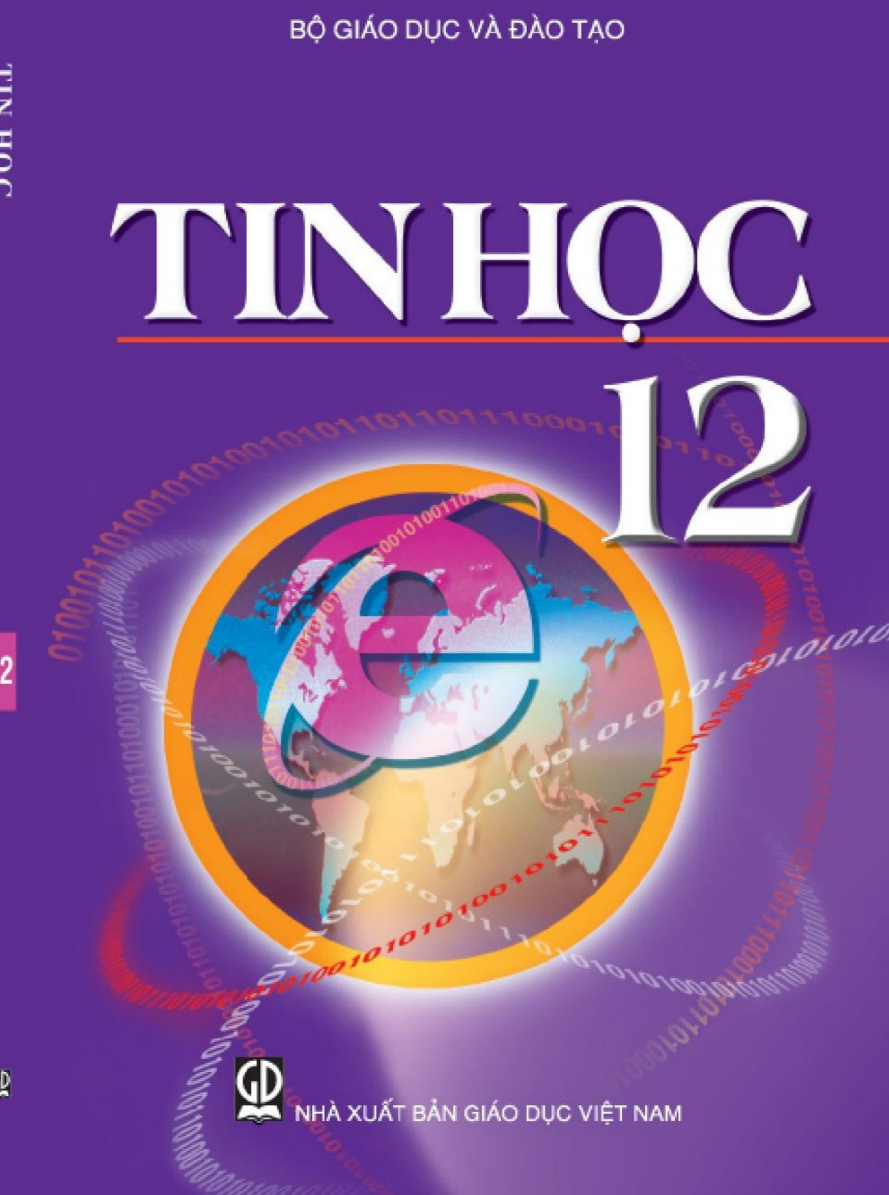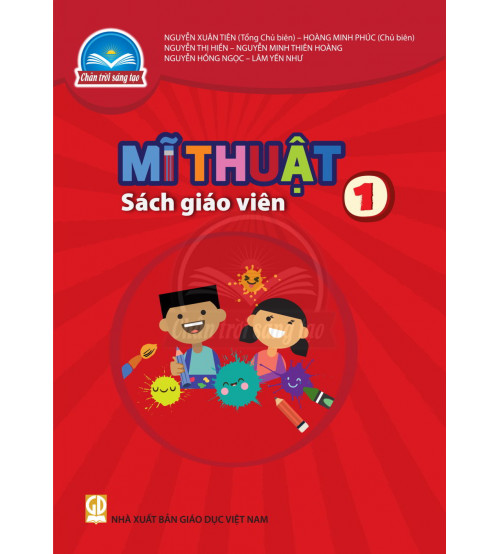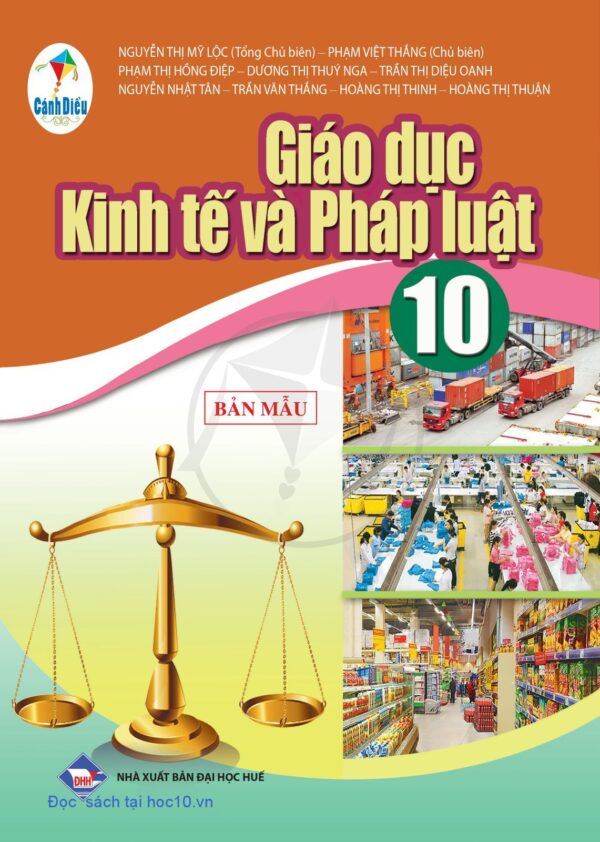(Page 88)
This unit includes:
LANGUAGE
Pronunciation
Linking /r/ between two vowels
Vocabulary
Words and phrases related to the mass media
Grammar
Adverbial clauses of manner and result
SKILLS
Reading: Reading for main ideas, specific information, and the writer's views in an article comparing digital media and traditional media
Speaking: Comparing different types of mass media
Listening: Listening for specific information and attitudes towards fake news on the Internet
Writing: Describing pie charts
COMMUNICATION AND CULTURE / CLIL
Everyday English
Making small talk
Culture
Mass media types aroundthe world
PROJECT
Comparing two types of mass media
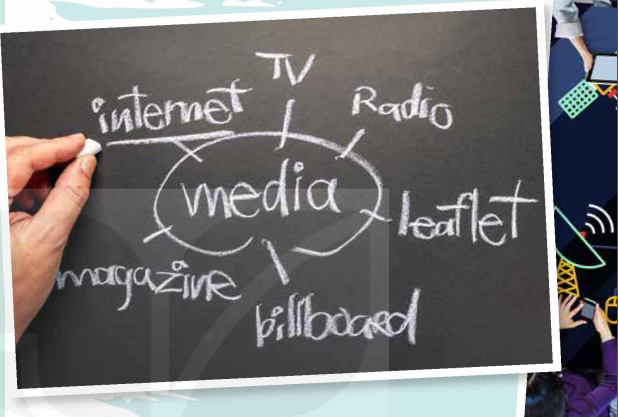
I. GETTING STARTED
Promoting a charity event
1. Listen and read. 🎧
Mark: Hi, Mai. What's up? You look so worried!
Mai: I'm so stressed! The school charity club is planning a music show, and I'm in charge of the publicity for the event. But it's so difficult to think of ways to attract people's attention. There hasn't been much interest so far.
Linda: Why don't you place an advert in the local newspaper? Everybody reads it, and I'm sure an advert there can help draw attention to the event.
Mai: It'll be too expensive. I'm afraid we can't afford to promote the show as if it were a big profit-making event.
Mark: I see... How about putting up posters in the area?
Mai: Well, they're not expensive, but there're so many of them that viewers may not pay enough attention to our poster.
Mark: How about the Internet?
Mai: You mean running commercials online? That will cost lots of money, too.
(Page 89)
Mark: Not necessarily. We can post information on social media sites, which is free and effective. In fact, they are such popular tools of communication nowadays that everybody uses them to advertise products and events, and connect with people.
Mai: I've thought of that, but I don't have a big social media presence like you do.
Linda: Well, perhaps you should consider all of our suggestions. First, I'll phone the local newspaper to see if they offer any discounts for charity advertising.
Mark: And I can help you promote the event on the Internet. Let's get together this afternoon to design some posters, too.
Mai: Thanks so much! See you then.
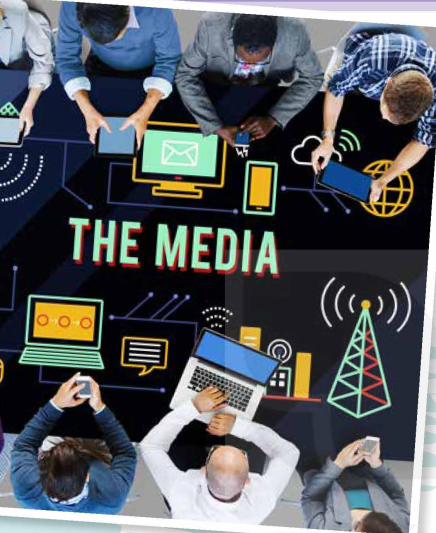
2. Read the conversation again and circle the correct answers.
1. Advertising in the local newspaper is cheap/ expensive, but it will attract/won't attract people's attention.
2. Posters are expensive/not expensive, but people may/may not notice them.
3. Posting information on social media sites is a very popular way of promoting/selling things.
4. Linda/Mark will help Mai with promoting the event on the Internet.
3. Find words in 1 with the following meanings.
| 1. p__________ | the activity of ensuring that somebody or something gets a lot of attention from lots of people |
| 2. v__________ | people who watch or look at something |
| 3. c__________ | advertisements on television, on the radio, or on a website |
| 4. v__________ | the ability to make a strong impression on other people |
4. Match the two clauses to make sentences used in 1.
| 1. They can't afford to promote the show | a. that everybody uses them to advertise products and events, and connect with people. |
| 2. Mai doesn't have a big social media presence | b. as if it were a big profit-making event. |
| 3. There're so many posters | c. like Mark does. |
| 4. They are such popular tools of communication nowadays | d. that viewers may not pay enough attention to their poster. |
